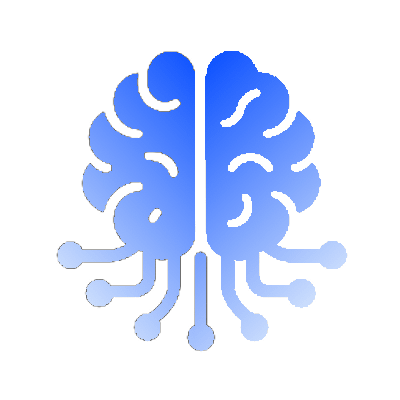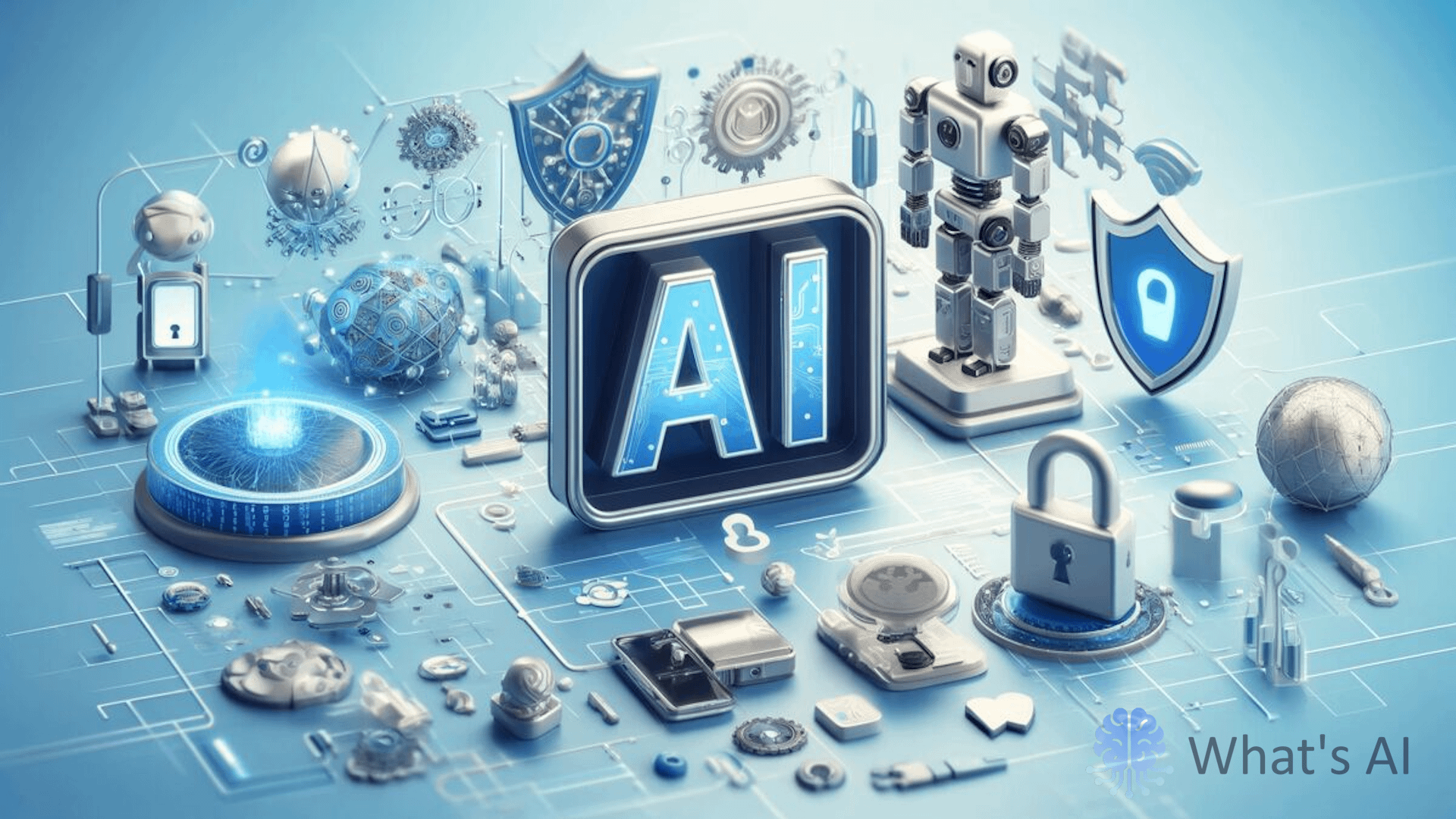Introduction
As artificial intelligence (AI) continues to reshape industries, the issue of data privacy becomes increasingly critical. From personalized recommendations to facial recognition, AI systems rely on vast amounts of data—often personal and sensitive. But what does this mean for your privacy? This article explores how AI interacts with data privacy, the risks involved, and how individuals and organizations can navigate this evolving landscape.
The relationship between AI and data
AI algorithms thrive on data. They need large datasets to learn, make predictions, and improve over time. This includes everything from browsing habits and location data to biometric identifiers. However, the collection and use of such data raise significant privacy concerns:
- Data misuse: AI systems can inadvertently leak or expose private information.
- Bias and discrimination: Poorly managed data can lead to biased AI decisions.
- Lack of transparency: Many AI models are black boxes, making it difficult to understand how data is used.
Key privacy challenges posed by AI
1. Data collection without consent
Many AI tools collect data passively, often without explicit user consent. This can include background data gathering through apps, websites, and smart devices.
2. Inadequate anonymization
Even anonymized data can sometimes be re-identified using sophisticated AI techniques. This means that privacy risks persist even when names and personal identifiers are removed.
3. Surveillance and monitoring
AI-powered surveillance systems, such as facial recognition and behavioral tracking, raise ethical and legal questions. Governments and corporations may use these technologies without public oversight.
4. Security breaches
AI systems, like any digital technology, are vulnerable to cyberattacks. If breached, they can expose sensitive personal data on a massive scale.
Regulations and legal frameworks
Governments are responding to these challenges by introducing stricter data protection laws:
- GDPR (EU): Emphasizes data subject rights and transparency in AI-driven decisions.
- CCPA (California): Provides consumers with more control over personal data.
- AI Act (proposed EU regulation): Aims to ensure AI systems are safe and respect fundamental rights.
Organizations must ensure compliance with these regulations to avoid legal penalties and build trust with users.
Best practices for protecting data in AI systems
To navigate the privacy challenges of AI, both individuals and companies can adopt the following best practices:
- Implement privacy-by-design: Build privacy protections into AI systems from the ground up.
- Use differential privacy: Incorporate methods that add noise to data to prevent re-identification.
- Conduct regular audits: Monitor AI systems for data misuse and unintended bias.
- Ensure transparency: Clearly communicate how AI systems use personal data.
The role of ethical AI development
Ethical considerations must guide AI development. Organizations should form ethics committees, engage in public dialogue, and prioritize responsible data handling. Transparency, fairness, and accountability are key principles that should underlie all AI initiatives.
Conclusion
AI and data privacy are deeply intertwined. As AI becomes more embedded in our daily lives, understanding and addressing its privacy implications is crucial. By adopting responsible practices and supporting clear regulations, we can harness the power of AI while safeguarding individual rights.
Call to action: Stay informed about how your data is used. Support transparent and ethical AI initiatives, and demand accountability from tech providers.


Leave a Reply